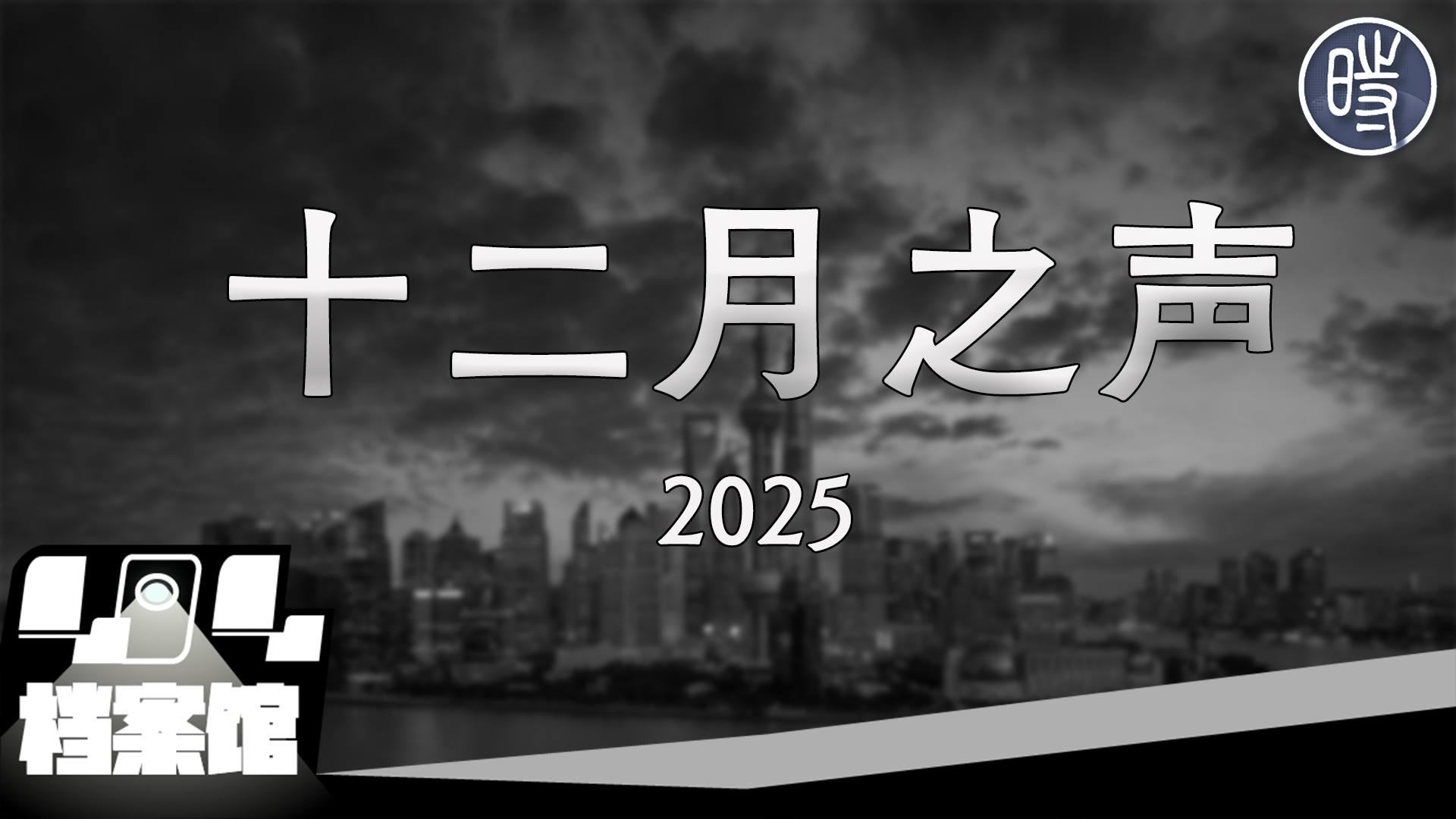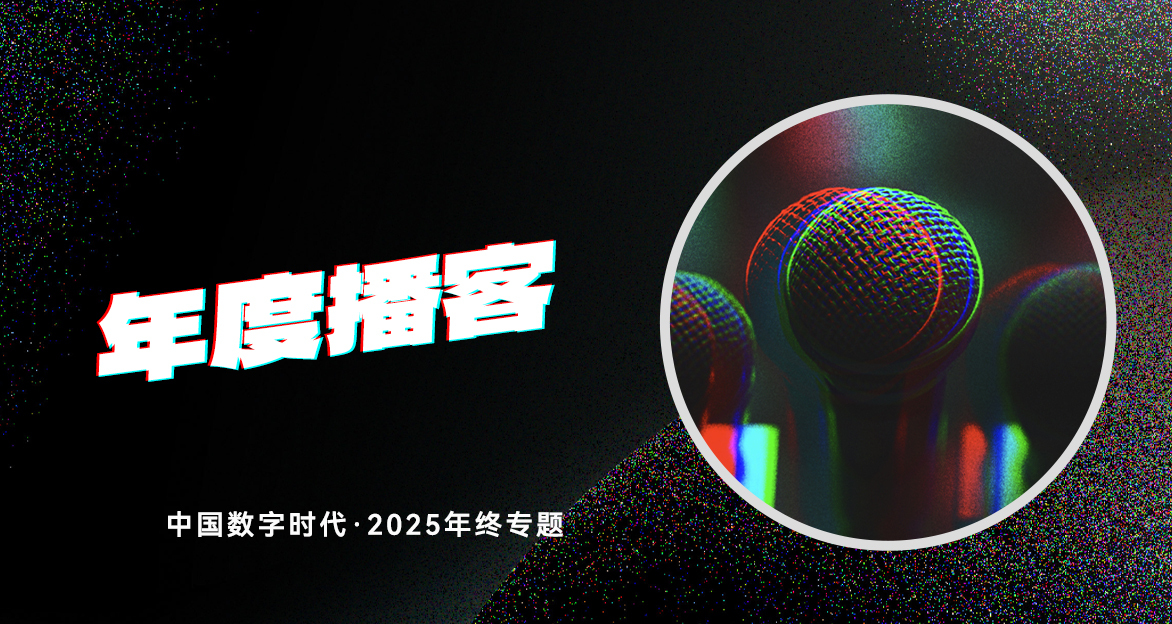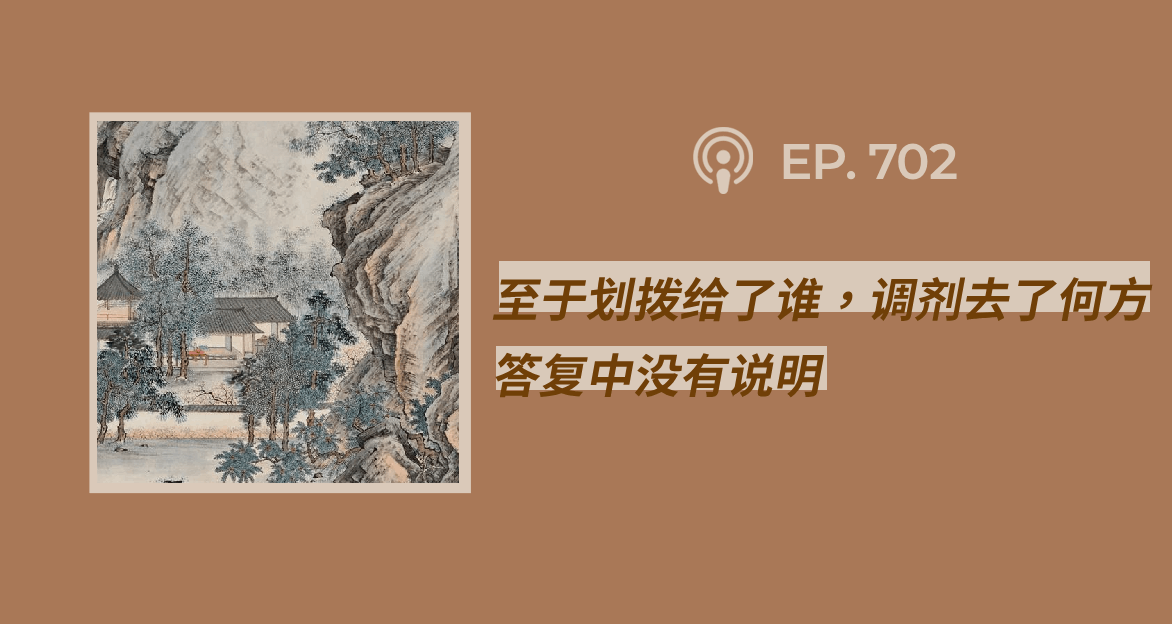【蘋果日報】六四以後,七一之前,香港人的心特別痛也特別熱。
六四鐵漢李旺陽上周三被發現在邵陽大祥區醫院死去。他在獄中21年被折磨至雙目失明、雙耳失聰、一身是病,都沒有死去,外間不相信他會在今天自殺。
有歷史學者綜合研究後提出過,中國內地固有的道德價值,在大躍進大饑荒及文革以後,已經崩潰。香港7.1回歸中國主權15年,港人還保持着怎樣的價值觀?一國兩制下努力維護司法獨立的香港,珍珠上的雪亮,是那一抹尊重人權的光芒。
跟終審法院常任法官包致金( Kemal Bokhary)討論香港核心價值,他用書面回答了記者的提問。在他心中,香港最重要核心價值是:「尊重人的尊嚴。這種尊重,躺伏於人權中心思想裏面……讓我們忠於自己,活得有尊嚴。我們遵此對人,別人也遵此對我們。」在這個價值觀上,包致金自信準確掌握港人看法,並且是站在香港的大多數之內。
李旺陽飽受摧殘,離奇死去,刺破人民的心。記者上周四就此事再向包官透過電郵提問:「那絕對不是一個尊重人的尊嚴的個案,也不是一個尊重人的尊嚴的地方。在港人共同的未來裏,你有信心尊重人權的價值觀,能繼續在香港保持、受保護嗎?」他親自回覆說:「我絕對肯定香港人會盡一切努力維護我所說過的核心價值,雖然不是絕對肯定,但我卻有信心,我們會成功的。」
司法獨立 絕不低頭
一直在法庭上捍衞人權,捍衞憲法賦予的基本公民權利,包致金從不向社會輿論、政治現實妥協。香港回歸中國主權治下是現實,但維持香港司法獨立是原則,也是從《中英聯合聲明》就承諾好了的。他認為司法決定需按法律而行,跟從政治必亡。一切政治現實論,他作為法官,都不看,「有些人是不相信法治的」。他維護香港人示威權利,認為那是政治進程裏的重要部份,「尤其在香港這個民主還沒有完全發展的地方」。
可是,包致金很多時候是法庭議決上的少數派,甚至是唯一的少數派。他真的是「包拗頸」嗎?他明白廣東花名「包拗頸」的意思,但最重要是,他明白為何別人會這樣稱呼他。「我沒有喜歡,也沒有不喜歡。不如這樣說吧,我明白為何自己被這樣稱呼」。
1999年人大就港人內地子女居港權問題釋法,抱人道精神站於弱勢內地出生兒童一邊的包致金,不接納特區政府遣返令,法庭四對一裁決,政府得直,他是唯一反對的「拗頸」法官。另一次終審法院裁決,他認為憲法中家庭團聚權利應可解釋至領養子女身上,以一敵四,把孤單的一票,投給了港人內地領養女童談雅然。這一趟,他在法庭又輸了,但在法庭以外,因為他,生長了一個敢於追求生命權利的美麗故事。
「四比一,只有他站於我一邊」。談雅然是2001年內地領養子女申請居港權的主角,輸了官司,贏了輿論,同年年尾獲批單程證來港與養父母團聚。現年25歲的談雅然已在香港大學法律學院畢業,曾在亞洲善待動物組織工作,現於港大當研究員。為了追求生命理想,她準備到倫敦政治經濟學院修讀政治哲學碩士,希望將來能念博士,研究動物權( Animal Rights)。
「一切有感知的生物,都不應受苦,每一個生命,都應該活得有尊嚴,都應該自由地生活」。這一種理念,比包致金重視人的尊嚴還要偉大。內地領養過來的香港女孩,當年不懂得誰是包致金,11年來,沒有親身見過他一面,只有在港大念法律時,讀憲法部份,看到自己的個案,看到包致金的判詞。「不少法律學院內的同學,都很欣賞包致金的法律觀點,曾經在 facebook開了一個 Bokhary appreciation society。他是我的 intellectual idol,給我很多鼓勵」。
堅持信念 法庭良心
雅然最近透過記者協會轉交給包致金的一封信,講述了她的成長,她的努力,她的近況,讓法庭上的「包拗頸」感動。以下是她信裏的節錄:
“But if anyone has taught me to embrace conscience and justice at all costs, it is you(Bokhary).”
“I am so lucky to be able to stay by his( her father) side and take care of him all these years. I can’t provide material comfort for my parents in the years to come, if ever. But keeping them company and happy is what I’m capable of. Happiness, sometimes, is that simple.”
已經做了爺爺的包致金,對雅然父母擁有的家庭之樂,感同身受,給雅然覆了一封親筆信,鼓勵她繼續為法治精神努力,還相約稍後見面一起用膳。
走過23年法官路,65歲之年,包官淺淺回望年輕時的自己,「若果我現在向老同學(英皇佐治五世學校校友)假裝着當年那個清高理想主義者的模樣,他們準會被逗得發笑」。小時候,他認為法律應該是尋求公正的,而好一部份親友都是律師,他們以此信念而行,也影響了今天的法庭良心。
包致金在英國修讀法律回港後當了大律師,李柱銘見過他在法庭上盤問證人。策略上是要尖銳的,偏偏他心地好:「明明問到好狠,但之後又不想太過份,要補幾個字(調和),留有餘地。他仁慈,適合當法官。」從70年代就認識包致金的余若薇說,終審法院內的音響設計不好,坐在法官位置上的包致金,說話又多又快,經常聽不到他說甚麼。但對他所說的核心價值,尊重 human dignity,她很有同感,「不抽象,好多人會明白。就是不要做傀儡,不要做傷天害理的事,重視人的尊嚴」。
尊重人權 懂得包容
聽其言,觀其行,從近到遠,在法庭以外接觸包致金,看他怎樣對人,聽他怎樣演說,讀他的書信回覆,看他判詞金句。他對人尊重,言出必行。他的友善,看得到,也讀得到。
包官不讓人嘗試做一件事前就絕望,早前記者提出訪問邀請,他不拒絕,卻透過秘書轉達,「除非給我很好的理由,非要我現在接受訪問不可」。他親自叫秘書留給記者電郵地址,留下一個希望,最終留下他與港人共同希望的看法。
怎樣的人,就有怎樣的價值觀,1947年香港出生的包致金,從沒想過移居海外。誠實勤勞的父親,影響他至深。他看香港人是這樣的:「我想,香港人努力工作,也如世界其他地方的人一樣包容,我們把握了很多機會,也一起面對過困難。我相信,這是大多數人的看法,不用拗頸了。」
2012年10月24日將會是他作為終審法院常任法官的最後一天,之後留任為非常任法官。「那天,你將會看到我在法院裏工作」。
後記
如包致金所說,法官一般只會在法律期刊發表意見,絕少接受個人專訪。嘗試親身接觸他,在悶熱5月的一天開始。記者按慣常做法,在終審法院門外守候。草蚊子兇惡,尾指的一針癢得要命。太陽快將要下山前,包致金從法院側門出來。記者上前,最警覺的是他的司機「豬仔」。「對不起,我不能跟你談,我趕着去醫院」。當他聽到邀約訪問的請求,卻又輕鬆回答:「好。」上車前一刻,禮貌地說:「你想甚麼時候?」法官這個提問令記者愕然,張口想說之時,又被封後門,「還是先找我秘書好了」。不想錯失機會,記者請他留個電郵地址,直接傳達訊息,「希望你跟我們談談香港核心價值」。他全都笑着點頭說好,再囑咐司機把秘書的電話交給記者。在寫好一個電話號碼的時間裏,法官突然打開車門對司機說:「你給我撥電話,我親自跟秘書說。」言出必行,保證落實,他是這樣一個的法官。
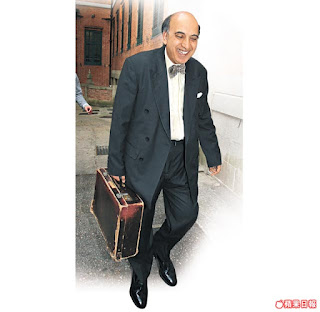 |
| 包致金被法律界喻為終審法院最勤力法官,參與審理案件超過九成。 |
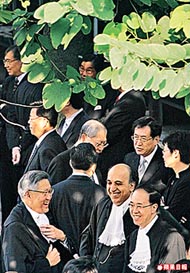 |
| 包致金(前排右二)認為巿民的警覺性及新聞自由,是香港核心價值最強大的守護者。 |
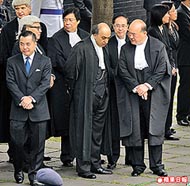 |
| 包致金(前排中)眼中,香港司法獨立受過幾次打擊,最後仍然生存而且會繼續生存。 |
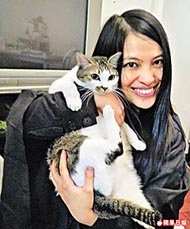 |
| 當年不獲居港權的談雅然,最終能在港成長,立志維護一切生命權利。 |
Interview with PJ Bokhary: Freedom-loving People to Sustain HK Core Values
In a written reply to Apple Daily, the permanent judge of the Court of Final Appeal Mr Justice Kemal Bokhary expresses his views on Hong Kong’s core values, of which respect for human dignity is top on the list. He is confident that Hong Kong people will make every effort to protect judicial independence, self-expression, civil liberties and human rights. The greatest protection for all these values, as he always underlines, comes from a vigilant population and a free media.
Q: In your opinion, what is the most important core value of Hong Kong?
A: In my view, the most important core value of Hong Kong is respect for human dignity. Such respect lies at the heart of human rights. As I see them, human rights represent the minimum entitlements that people- and that means all people- must be able to demand for themselves and must accord to others in order to live and let live as human beings. These entitlements are inherent in the human person. It is for the law to protect and advance them. They involve a number of things: civil liberties, personal security, security of property however modest, self-expression, public participation, respect for otherness and at least a tolerable standard of living. These are the things which enable each and every one of us to be ourselves and live with human dignity- in how we treat others and how we are treated by them.
Q: Being a permanent judge of the Court of Final Appeal in the past15 years, did you see the important values of the rule of law, civil liberties and human rights in Hong Kong change?
A: The importance of these things has not changed. But in the realization of them, there have been ups and downs. These things are always at risk. They must always be protected. Everybody has a part to play in protecting them. Their greatest protection comes from a vigilant population served by a free media.
Q: In the past15 years, Hong Kong people expressed their views in different areas and in different ways. Demonstration is a way to express themselves for quite a number of people. There are concerns that in many incidents, Hong Kong Police has been used as a political tool to suppress the demonstrations. Are you confident that the fundamental freedom of Hong Kong people will be undoubtedly protected by the court?
A: Demonstrations form an important part of the political process. This is especially so where, as in Hong Kong today, democracy is not yet fully developed. There is in Hong Kong a constitutional right to demonstrate. At the same time, there are legitimate reasons for regulating demonstrations, for example, crowd safety and ensuring an adequate flow of traffic for emergency vehicles including ambulances and fire engines. The vital thing is not to restrict demonstrations on the basis of the demonstrators’ politics. You have mentioned the police. Whatever you may think about the orders which the officers on duty have received, you should bear in mind that they are members of a disciplined force operating under a chain of command. Their task is not an easy one. Judges are human. They are not infallible. But I believe that the people of Hong Kong can be reasonably confident that, at least in general, their freedoms will be duly protected by the courts.
Q: Based on the Sino-British Joint Declaration, Hong Kong could enjoy a high degree of autonomy under the”one country, two systems” formula. How far do you think judicial independence has been maintained during the past15 years? People are pessimistic to the reality that both our judicial independence and autonomy has been damaged, what is your response?
A: I think that judicial independence in Hong Kong has sustained a few blows but has survived and will survive. Some people are pessimistic. I would urge them to lay aside pessimism and adopt vigilance instead.
Q: Seeking interpretation from Beijing is regarded as a damaging concession in order to avoid confrontation in China. Some people hold that no court in Hong Kong can ever be entirely blind to the political realities that exist under”one country, two systems”. How would you response to such an opinion?
A: The judiciary decides according to law. If the judiciary decides according to politics instead, the rule of law dies. Some people do not believe in the rule of law.
Q: On July1, the new administration led by CY Leung will swear in. In the end of October, you will be replaced by an older judge. In your view, how will the Hong Kong core values be sustained under such new circumstances?
A: It will be sustained by the judiciary, the legal profession, the legal academy, the media and, above all, the freedom-loving people of Hong Kong as a whole. Optimists and pessimists will always exist. The important thing is to be vigilant and determined.
本文由自动聚合程序取自网络,内容和观点不代表数字时代立场







